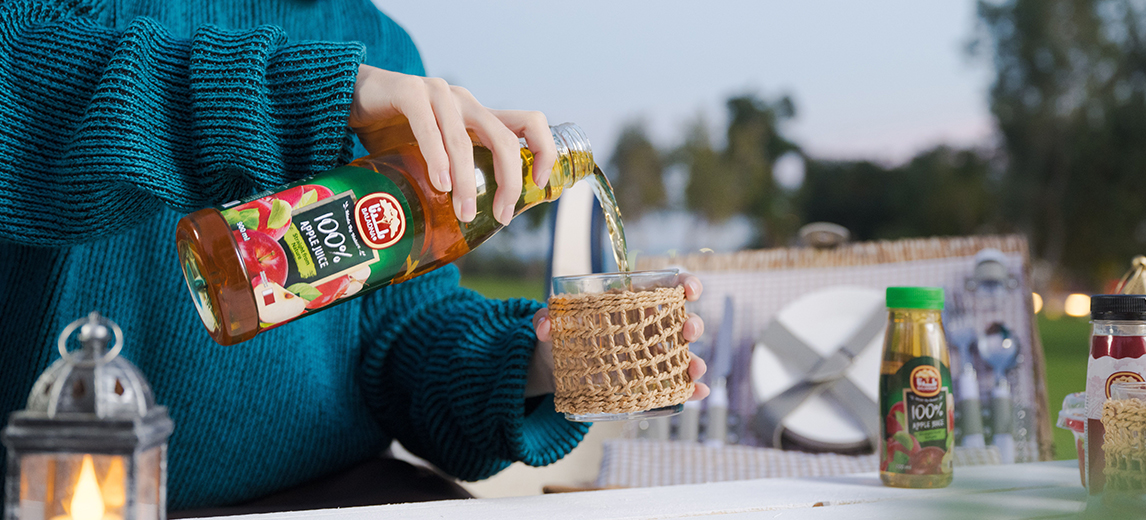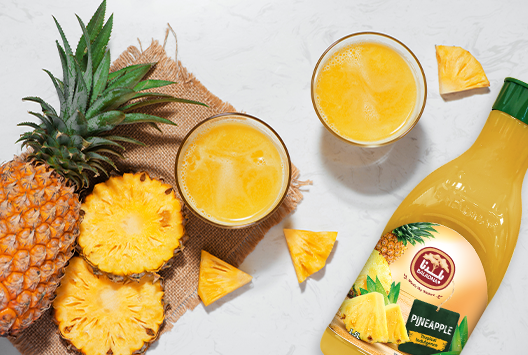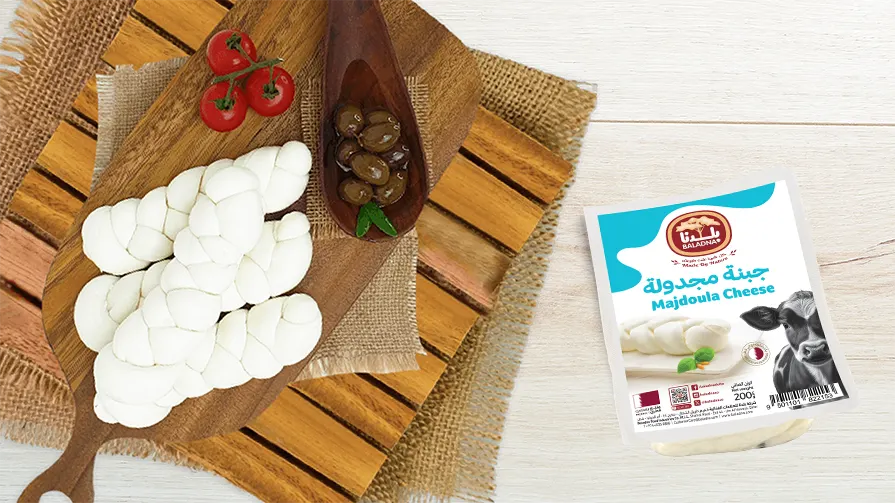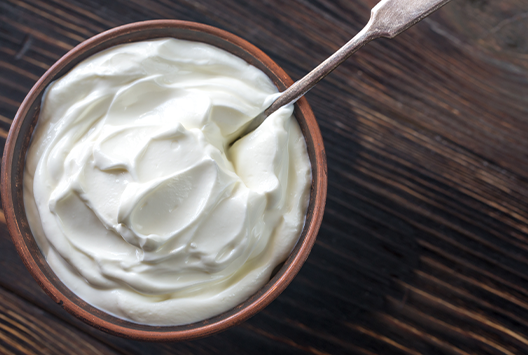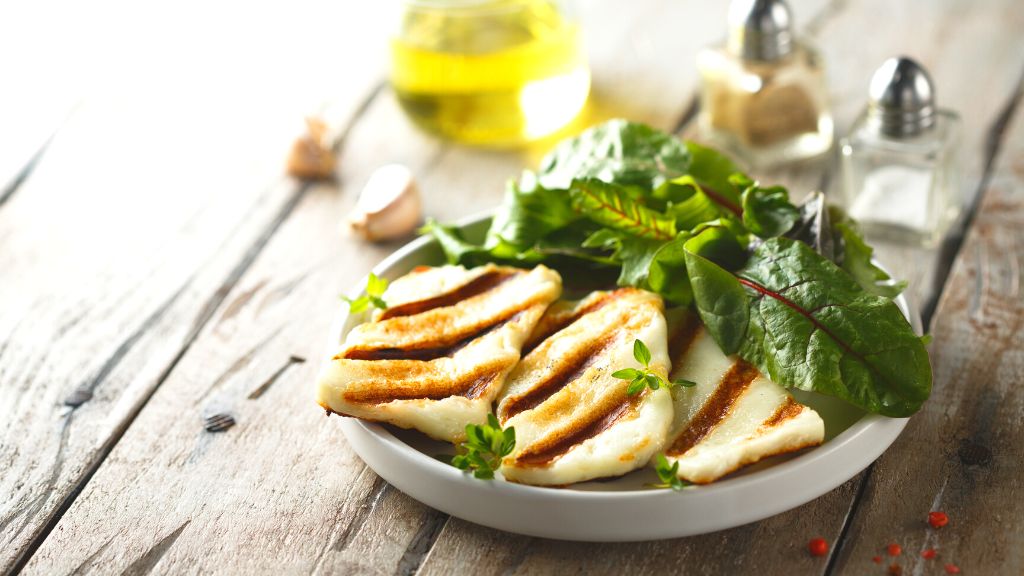
Halloumi Cheese: Everything You Need to Know
Similar
If you’re a fan of Mediterranean food, then you’ve certainly come across halloumi cheese before. Halloumi is a classic Cypriot cheese made from goat’s milk, sheep’s milk, or a combination of the two. Sometimes, cow's milk is utilized. Because it holds its shape when cooked, it is most loved in its grilled form.
This type of cheese deserves some appreciation, so we’ve gathered all there is to know about halloumi cheese below.
Ready to get your dose of halloumi knowledge?
What is Halloumi?
Halloumi is a white, layered cheese similar to mozzarella. Traditionally made on the Eastern Mediterranean island of Cyprus from goat and sheep's milk, halloumi cheese has grown in popularity across different parts of the world. As a semi-hard, unripened cheese that has been brined, halloumi cheese is known for its mild spongy texture and salty flavor.
Cow's milk is sometimes used to make halloumi. Either pasteurized or unpasteurized milk is available as well. Although halloumi can be consumed raw, its high melting point makes it a perfect cheese for grilling or frying. When grilled or pan-fried, it melts on the inside and crunches on the outside, comparable to the texture of a marshmallow when roasted.
Halloumi is gaining popularity. It is fairly priced and available in most stocked supermarkets and specialty shops. Baladna’s halloumi cheese is available in many grocery stores. Alternatively, you can purchase it directly from Baladna’s website.
How is Halloumi Made?
Halloumi is made when rennet or vegetarian rennet is added to hot milk to get it to thicken. The whey is then removed from the curds once they have formed. The curds are then chopped, firmed up, and pressed into molds. Halloumi's resistance to melting is provided by the additional heating step of poaching the cheese in water or whey.
The cheese is then salted and can be consumed immediately after that for three to five days. If not, it can be aged for many months and preserved in brine, which gives the cheese its salty flavor. Like feta cheese, halloumi is marketed in compact bricks that are vacuum-packed in plastic and have a solid texture. Baladna’s farmers produce many kinds of cheeses that resemble halloumi.
These cheeses are typically referred to as grillable or halloumi-style cheeses for legal proprietary reasons. They are also known as frying cheese, grilled cheese, or queso de freír in Spanish.
It may be challenging to substitute halloumi due to its distinctive texture. Some recipes may call for tofu or Indian paneer, but they won't taste quite the same as halloumi. Hard, dry feta cheese is somewhat comparable when eaten uncooked.
Uses
Consider grilling, frying, or slicing Halloumi. Use it in salads or a Caprese salad in place of mozzarella. As a gluten-free alternative, use grilled halloumi slices instead of bread in sandwiches. You may also serve it with watermelon, as they do in Cyprus.
Although halloumi can be consumed raw, many people prefer its taste when warmed, grilled, or heated. Once the cheese is cooked, the saltiness disappears and is replaced by a powerful, savory bite and a slightly creamy mouthfeel.
Storage
Keep your halloumi in the fridge for up to a year, unopened. Refrigerate in salted water for up to two weeks after opening, then tightly wrap in waxed paper, parchment paper, or cheese wrap. If you wrap your halloumi in plastic or foil, you may keep it in the freezer for up to three months.
Halloumi for the win .. and grill
Halloumi is a type of cheese that has been around for a long time and its popularity is only growing. It is a popular ingredient in many dishes, as it holds its shape when heated, making it ideal for grilling or frying.
With a 2.6 million square meter footprint, Baladna is one of the largest cattle farms in the region and offers authentic, fresh, and high-quality dairy products. Baladna is 100% Qatari. Up to 24,000 cows can be housed on our farm in a cozy and well-kept environment, enabling them to produce as much as they can comfortably. Get your favorite Baladna cheese today!
